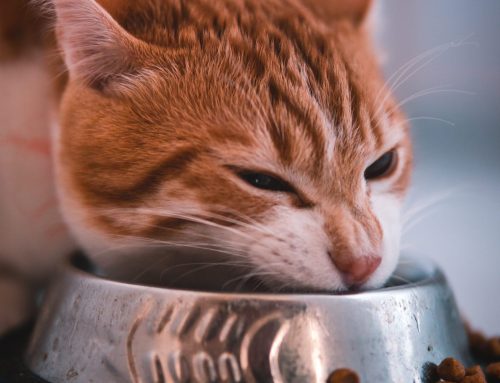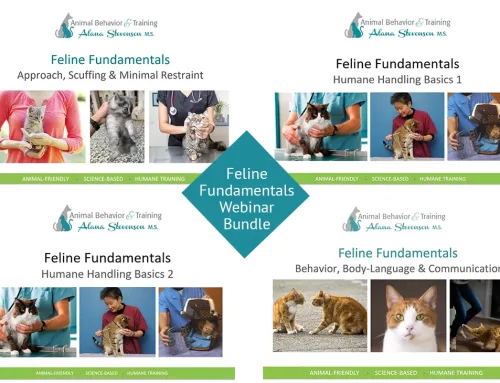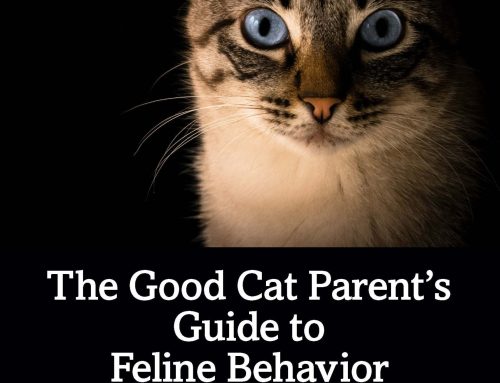
Many people may not know what FIV+ means. An FIV+ kitty is a cat who has the Feline Immunodeficiency Virus. This virus is specific to cats. It is similar to HIV in humans. FIV does not frequently make a cat sick. Some cats will live their full life expectancies – up to 20 years and show very few symptoms. Feline Immunodeficiency Virus is not particularly contagious to other cats, nor is it contagious to people. FIV+ cats can only transmit the virus though blood and semen—such as deep bite wounds or intercourse. Sharing drinking water and grooming are highly unlikely to transmit FIV.
Intact male cats who are homeless or allowed to wander are often positive for Feline Immunodeficiency Virus. This is because these cats can get into fights with other cats and may pass the virus to each other. Intact female cats can sometimes get FIV due to copulating with an FIV+ male. Neutering, of course, eliminates these issues.
Cats who are FIV+, provided they are not aggressive to other cats, can easily and harmoniously live with FIV- (normal) cats. If any precautions are needed, it’s to protect the FIV+ cat from any ailments or infections. An FIV+ cat’s immune system may not be as strong as that for an FIV- cat. Cats with Feline Immunodeficiency Virus are more susceptible to lymphoma, and nearly all FIV+ kitties have some form of gum disease or need their teeth removed. Unfortunately, there are many cats with FIV who are either euthanized at shelters or are not adopted because people think they should be the only cat in the household. If the FIV+ cat is good with other cats, it is highly unlikely he can transmit FIV.

Personally, I love FIV+ kitties. Often, they are male (due to lack of neutering and the tendency to wander, so they have a much higher likelihood of getting into scuffles). I have had two cats with Feline Immunodeficiency Virus, both of whom lived with non-FIV cats. One of them—a former street cat—lived into his 20s: fat, toothless and very happy. I had my other cat for 9 years. He recently passed away from a negative side effect of chemotherapy (He had lymphoma). He was FIV+ when I adopted him. He also lived with non-FIV cats—none of whom contracted FIV.
If you’re thinking of adopting or integrating a cat, don’t rule out one who may be FIV+. An FIV+ cat may be a lovely and perfect match.
Read The Good Cat Parent’s Guide to Feline Behavior Modification to learn about behavior changes and misperceptions surrounding common feline diseases.
© Alana Stevenson, 2020





